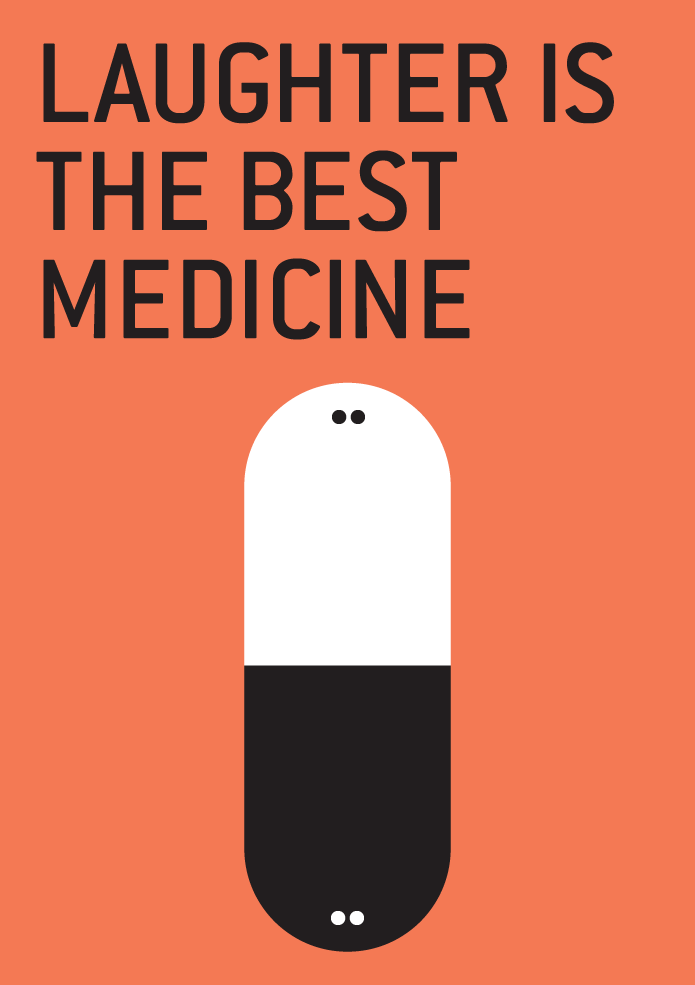
A proverb says, “What soap is to the body, laughter is to the soul.” We've known that laughter makes us feel good and puts everyone in high spirits, but did you also know that laughter actually causes physiological responses that protect the body from disease and help your vital organs repair themselves?
A good laugh exercises the muscles, gets the blood flowing, decreases blood pressure and stresses hormones, improves sleep patterns and boosts the immune system.
Furthermore, a study published by National Center for Biotechnology Information, U.S. National Library of Medicine on the effect of humor on short-term memory in older adults finds a new component for whole-person wellness.
For older adults, the damaging effects of aging and stress can impair the ability to learn and sustain memory. Humor, with its associated mirthful laughter, can reduce stress and cortisol, a stress hormone. Chronic release of cortisol can damage hippocampus neurons, leading to impairment of learning and memory.
OBJECTIVES:
The primary goal of this study was to determine whether watching a humorous video had an effect on short-term memory in an older population.
DESIGN:
The research team designed a randomized, controlled trial.
SETTING:
The study took place at Loma Linda University in Loma Linda, California.
PARTICIPANTS:
The research team recruited 20 normal, healthy, older adults, 11 males and 9 females.
INTERVENTION:
The humor group (n = 10, mean = 69.3 ± 3.7 y) self-selected 1 of 2 humorous videos--a Red Skelton comedy or a montage of America's Funniest Home Videos--and watched it for 20 min. A control group (n = 10, mean = 68.7 ± 5.5 y) sat calmly for 20 min and were not allowed to read, sleep, or talk on a cell phone.
OUTCOME MEASURES:
The Rey Auditory Verbal Learning Test was used to assess short-term memory--learning ability, delayed recall, and visual recognition. Salivary cortisol levels were measured at predetermined times.
RESULTS:
Learning ability improved by 38.5% and 24.0% in the humor and control groups, respectively (P = .014). Delayed recall improved by 43.6% and 20.3% in the humor and control groups, respectively (P =.029). Within the humor group, delayed recall (43.6%) was significant compared with learning ability (38.5%) (P = .002). At 3 predetermined time points, significant decreases in salivary cortisol were observed in the humor group (P = .047, P = .046, and P = .062, respectively).
CONCLUSION:
The study's findings suggest that humor can have clinical benefits and rehabilitative implications and can be implemented in programs that support whole-person wellness for older adults. Learning ability and delayed recall are important to these individuals for a better quality of life--considering mind, body, spirit, social, and economic aspects. Older adults may have age-associated memory deficiencies. However, medical practitioners now can offer positive, enjoyable, and beneficial humor therapies to improve these deficiencies.
